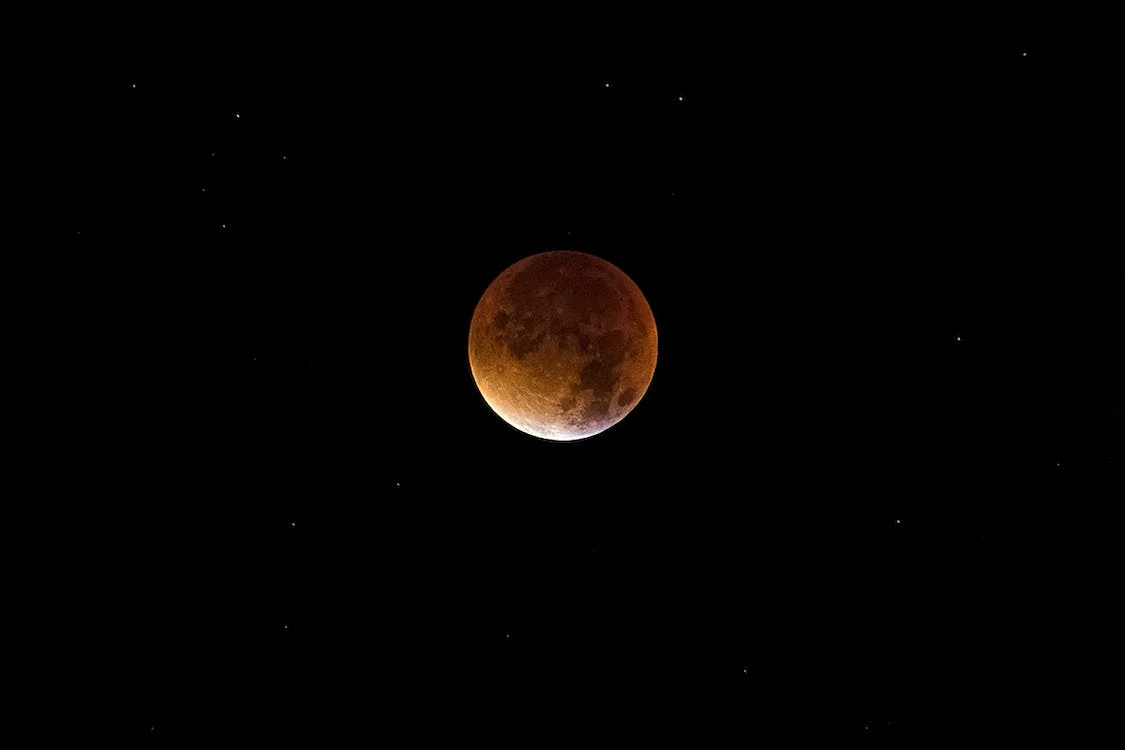A new ring around a dwarf planet in our Solar System has been found by astronomers from the University of Sheffield.
The ring has been found using HiPERCAM, an extremely high-speed camera developed by Sheffield scientists, mounted on the world’s largest optical telescope.
Professor Vik Dhillon, co-author of the study from the University of Sheffield’s Department of Physics and Astronomy said: “It was very exciting to see the event happening in real time in the sky, it’s really rare that this sort of thing happens in astronomy.”
Scientists were examining the shadow of a dwarf planet known as Quaoar which is half the size of Pluto and orbits the Sun beyond Neptune.
What makes the discovery so unusual is the ring is much further away from the dwarf planet than what would be expected for it to be able to survive.
Normally when rings are this far out, we expect them to disintegrate into moons, as they do not orbit close enough to the planet for tidal forces to prevent the ring material from accumulating.

Prof. Dhillon said: “The whole event lasted less than a minute, but in that time we noticed the little dip in light before and after the main event which was the ring going across the star.”
He said that this discovery would impact the ring formation theory and how we will look for these things in the future.
So far, only Jupiter, Saturn, Uranus and Neptune are known to have rings, along with another two dwarf planets.
The study involved 59 academics from all over the world, led by the Federal University of Rio de Janeiro.
It involved six UK Universities, including The University of Sheffield.




